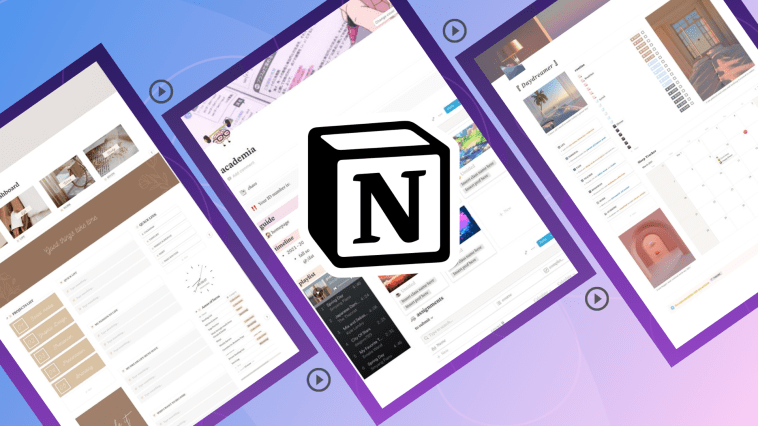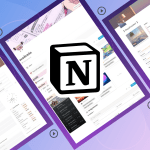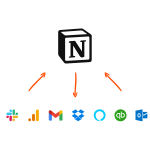Introduction.
Notion is a powerful and versatile tool that empowers individuals and teams to organize information, collaborate on projects, and enhance productivity.
One of its greatest strengths is its flexibility, allowing users to tailor their Notion workspace to suit their specific needs and preferences.
By personalizing Notion, you can create a workspace that aligns perfectly with your unique workflow, enabling you to work more efficiently and effectively.
In this article, we will explore various ways to personalize Notion, from customizing the layout and appearance to creating templates and utilizing advanced features.
Let’s dive in and discover how to unlock the full potential of Notion by making it truly your own.
Note: The personalization options in Notion may vary depending on your device, platform, and the specific version of Notion you are using. Please refer to Notion’s official documentation for the most accurate and up-to-date instructions.
How Do I Personalize Notion?
By customizing Notion to align with your working style, you can create an environment that fosters creativity, efficiency, and organization.
In this article, we will explore practical tips and techniques to personalize Notion, empowering you to transform it into a workspace that truly reflects your personality and maximizes your productivity.
1. Design Your Workspace Layout.
The first step in personalizing Notion is designing the layout of your workspace. Rearrange pages, sections, and blocks to create a structure that best suits your workflow. Utilize drag-and-drop functionality to easily move and organize elements.
Experiment with different layouts, such as Kanban boards, tables, or calendars, to find the one that resonates with your working style.
2. Customize the Appearance.
Notion allows you to customize the appearance of your workspace, making it visually appealing and inspiring.
Choose from a variety of themes or create your colour scheme to reflect your preferences. Adjust font styles, sizes, and line spacing to create a comfortable reading experience. Personalizing the appearance of Notion can make it more inviting and enjoyable to work in.
3. Create Templates.
Templates are a powerful tool for personalizing Notion and streamlining your workflows. Design custom templates for recurring projects, meeting agendas, to-do lists, or any other tasks you frequently encounter.
Set up pre-defined structures, sections, and placeholders to save time and ensure consistency. Templates simplify the process of starting new projects and allow you to focus on the content itself.
4. Utilize Databases and Properties.
Databases and properties in Notion provide a dynamic way to organize and categorize your information. Create databases for collections of related data, such as contacts, inventory, or project milestones.
Customize properties within databases to capture specific details, such as due dates, priority levels, or tags. Utilizing databases and properties adds flexibility and organization to your workspace.
5. Take Advantage of Integrations.
Notion offers integrations with various apps and services, expanding its capabilities and personalization options.
Integrate tools like Google Calendar, Trello, or Slack to bring external data or functionality into your Notion pages.
Embed multimedia content, such as videos, documents, or prototypes, to enhance collaboration and reference materials.
Integrations provide seamless connectivity and enhance your productivity within the Notion ecosystem.
6. Experiment and Refine.
Personalizing Notion is an ongoing process that requires experimentation and refinement. Don’t be afraid to try new layouts, colour schemes, or features.
Continuously assess your workflow and adjust Notion accordingly to optimize your experience. Listen to your needs and adapt Notion to align with your evolving requirements.
Conclusion.
Personalizing Notion allows you to create a workspace that reflects your individuality and enhances your productivity.
By customizing the layout, appearance, and templates, and leveraging advanced features, you can transform Notion into a tailored environment that optimizes your workflow.
Embrace the freedom to design your workspace according to your unique preferences and working style.
As you personalize Notion, you’ll discover the joy of using a tool that seamlessly adapts to your needs, fostering creativity, organization, and efficiency in your work.






GIPHY App Key not set. Please check settings